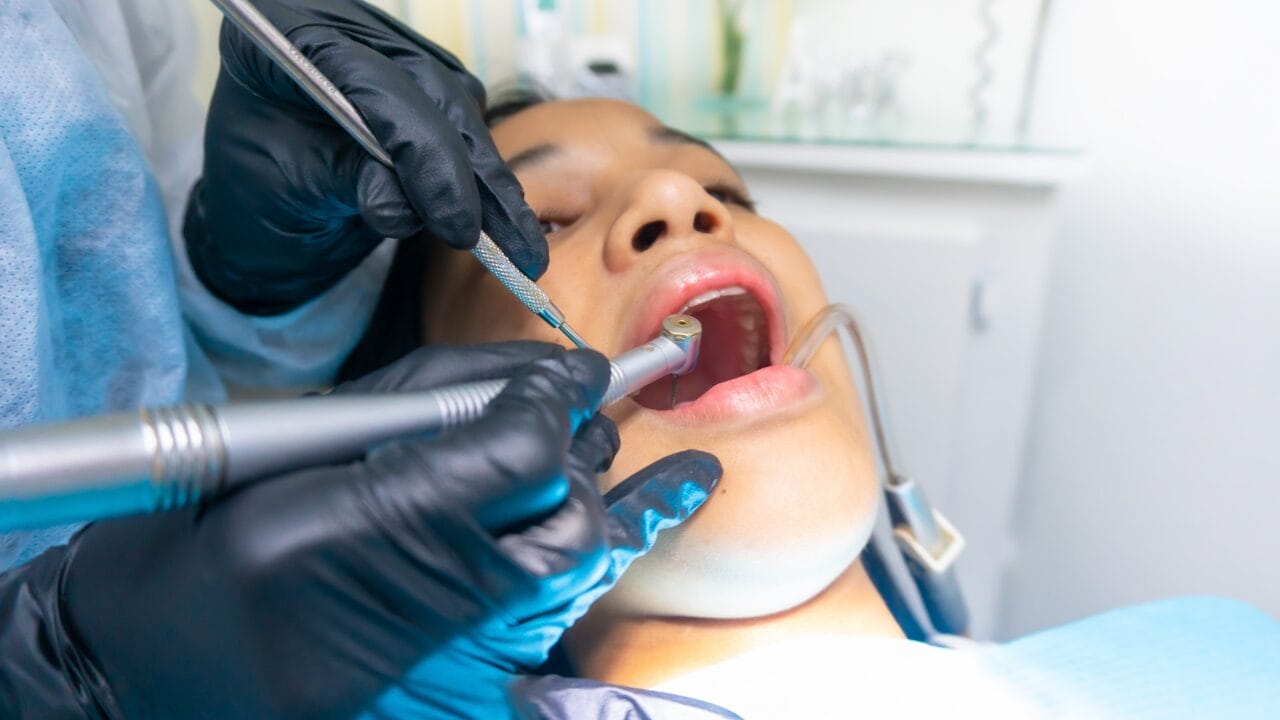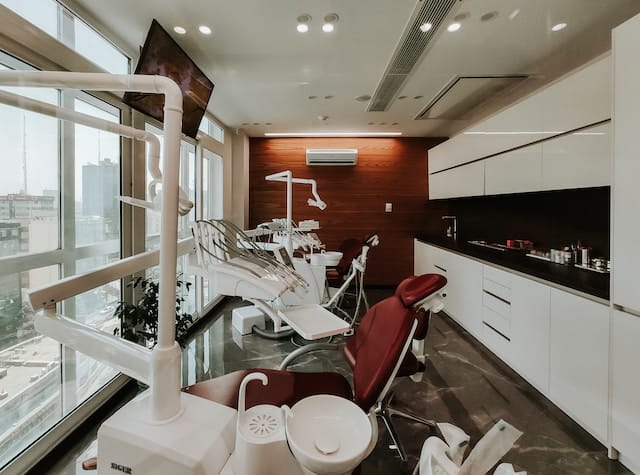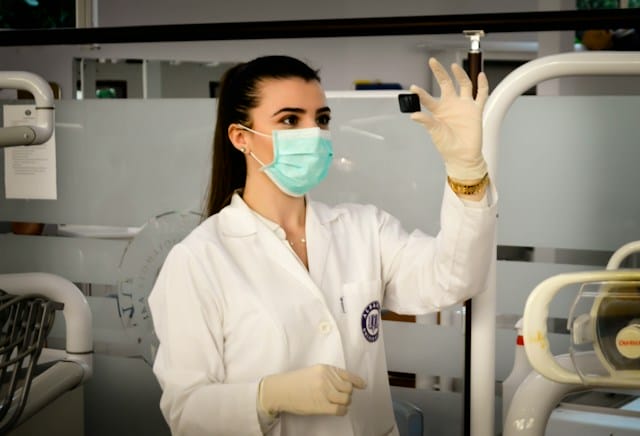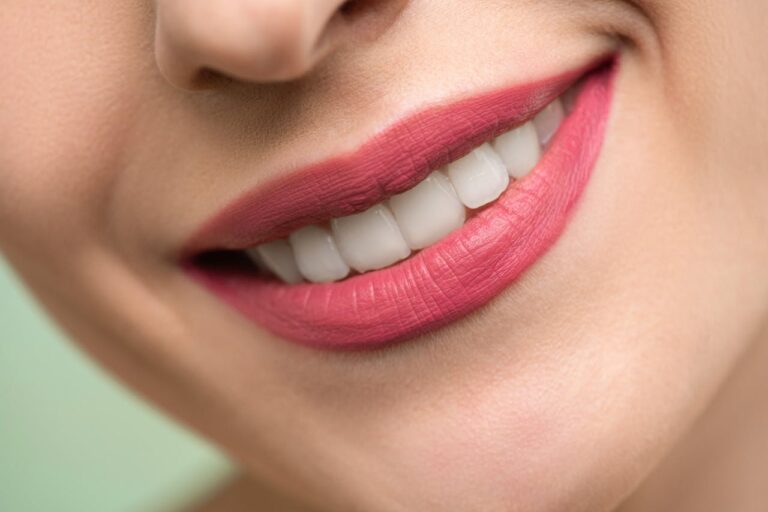You may be familiar with tooth extraction, but do you know there are alternatives? Experienced dentists always explore alternatives to tooth extraction whenever possible. And this is because it’s always better to save your natural teeth.
Discover the 3 alternatives to tooth extraction and when you can be eligible for them.
3 Alternatives to Tooth Extraction
There are alternatives to extraction, but finding a dentist who supports tooth preservation is very important. The following are some possible alternatives you can discuss these with your dentist:
1. LANAP (Laser-Assisted New Attachment Procedure)
The possibility of having to remove your tooth extraction because of severe gum disease is alarming. This is why LANAP, or Laser-Assisted New Attachment Procedure, is a great alternative to an extraction.
To get rid of infection and promote tissue regeneration around your teeth, LANAP uses a specialized laser treatment that keeps your teeth safe. In comparison to conventional therapies, it’s the least invasive approach.
Only a few dentists can conduct LANAP. Only periodontists and dentists who undergo a rigorous, one-year training program at the Institute for Advanced Laser Dentistry are eligible to perform the procedure.
So, if you want to keep your natural smile, avoid tooth extraction, and have a painless procedure, get LANAP.
2. Root Canal
Your dentist makes a small hole in your tooth during the root canal procedure. During this time, they also extract the decayed or infectious material within. Then, they expand it slightly and fill it with a unique material that extends all the way to the tip of the root.
The good news is that a root canal doesn’t hurt too much. Also, unlike a tooth extraction procedure, you wouldn’t need much pain medication to recover.
3. Apicoectomy
An apicoectomy and root-end surgery means the same thing. It becomes necessary when inflammation or infection persists, even after a root canal procedure.
This procedure is less invasive and involves uncovering the bone underneath. Then, your dentist removes any swollen or sick tissue by cutting off the tip of the tooth’s root.
To seal up the root canal, your dentist will use a filling. After, they’ll add some stitches to help the tissue heal. Over a few months, the bone heals around the root.
Typically, you’ll need some local anesthesia for the procedure, but you can get back to your usual activities the day after. Any pain after the surgery is usually mild.
Remember, it’s crucial not to delay treatment for any damaged or infected tooth. Waiting too long can cause the problem to spread to other teeth or even your jaw.
If you’re considering delaying treatment, talk to your dentist first and only do so briefly.
Reasons for Tooth Extraction
A tooth extraction may be necessary if other dental procedures fail to solve the issue or if your mouth, gums, or neighboring teeth are in danger. Removing your wisdom teeth, for instance, is often necessary to stop them from causing damage to your other teeth.
However, getting other teeth pulled happens less often. In fact, an experienced dentist would only recommend this procedure when there is a very solid reason. Your adult teeth can last a lifetime, but occasionally, things may not go as they should.
Here are three typical reasons why your dentist could advise having a tooth pulled:
Tooth Crowding
When your jaw doesn’t have enough space for all your teeth, it’s like having too many players on a pitch. It leads to chaos and, in this case, pain and discomfort.
Also, your teeth may become too big for your mouth. It leaves you prone to misalignment of your entire row of teeth or prevents the proper growth of any new tooth, making tooth extraction an option.
You cannot manage teeth that don’t fit, so your dentist may recommend tooth extraction to restore proper alignment and oral health.
So, when there’s crowding in your mouth, removing a tooth can be the missing piece to make your smile complete and comfortable again.
Periodontal Disease
Periodontal disease is a special kind of infection that happens in the tissue and bones around your teeth. It can make a tooth lose the strong support it needs to work correctly.
If a tooth is a little loose, it might not need removal. But if it’s loose enough that you can wiggle it, it’s usually best to remove it. This way, your dentist can stop the infection from spreading to the tissue keeping your other teeth in place.
Mouth and Teeth Infection
If you’re battling a mouth infection, tooth extraction is an option to make you feel better. When there’s a lot of tooth decay or damage, nasty bacteria can sneak into the inner part of the tooth where the nerves and blood vessels are — called the pulp.
If you don’t visit a dentist or spot this infection and treat it early, it might not go away with antibiotics. So, removing the infected tooth is the only way to prevent the infection from spreading and causing more tooth loss.
Why Tooth Extraction May Not Be the Best for You
Tooth extraction isn’t always the best solution for dental issues. For one, you might require an expert if the extraction is difficult or takes a lengthy time.
Always do what is best for you in terms of safety. In complicated cases where the tooth is near a significant artery or nerve, it’s worth considering an alternative.
Also, you can have certain negative effects following the extraction. Expect some bleeding and pain when the anesthesia wears off, especially if the extraction requires surgery. Swelling can also occur within a day or two, but should subside after a few days.
If you have to undergo a tooth extraction, adhere to the aftercare guidelines your dentist or oral surgeon gives you to hasten your recovery and avert problems.
Don’t hesitate to make an appointment with your dentist for the appropriate dental care if any issues persist or worsen.
Get LANAP Treatment at Advanced Dental Arts, NYC
So, you have been told that your tooth can’t be saved, your gum disease is advanced, and your tooth is mobile! You may be a candidate for LANAP — Laser-Assisted New Attachment Procedure and may be able to save that tooth!
LANAP is proven to treat gum disease most effectively, potentially growing the bone and supporting structures around the mobile tooth to strengthen it. In fact, LANAP protocol using millennium dental laser gained FDA clearance in 2004 to re-grow the supporting structures of the teeth and re-grow bone.
However, the only way to access LANAP is to visit a dentist or periodontist trained through the Institute of Advanced Laser Training in Cerritos, CA. Dr. Bertman and Dr. Iyman are both trained by the ILAD. So, if you have questions or want to schedule an evaluation appointment, don’t hesitate to call us at Advanced Dental Arts NYC.






